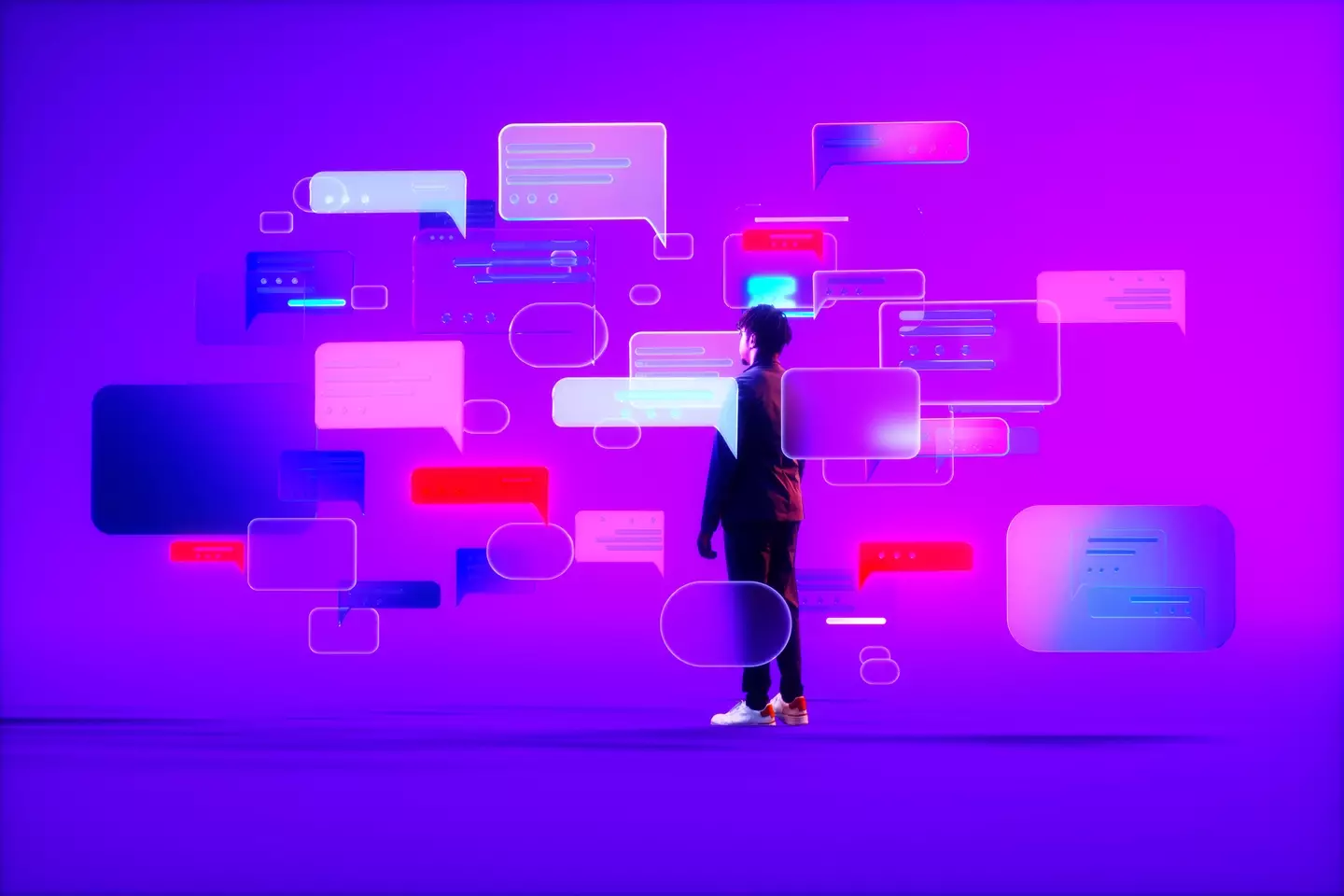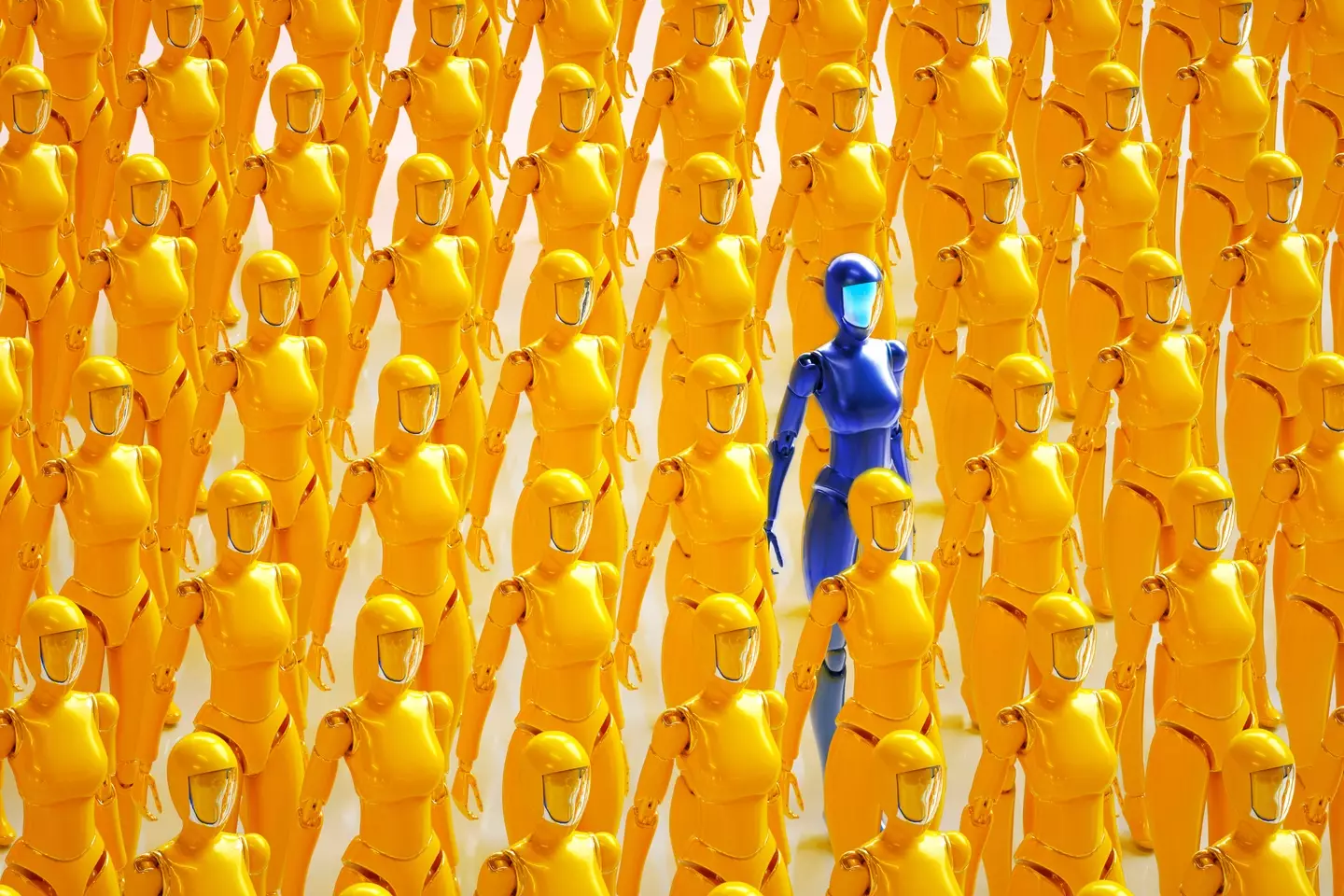


The dead internet theory is something that everyone across the web is increasingly having to content with as a consequence of rapid AI developments, and a new harrowing study suggests that it will become reality in just three years time.
If you've spent any amount of time on social media in the last couple of years then you've probably noticed the significant uptick in bot-driven responses, especially on places like X where users can pay for premium privileges that push their posts to the top of the replies.
It would be remiss to pretend that bots haven't always been a thing on the internet, especially as they played a key part in the back and forth of Elon Musk's decision to end up buying X, then Twitter, for $44 billion back in 2022.
However, the advancements that we've all been able to see in generative artificial intelligence over the last few years have made it increasingly likely that the internet we once knew is rapidly falling away from us, and at the heart of it all is the dead internet theory.
The dead internet theory was initially conceived roughly a decade ago, and it surrounds the idea that the internet will eventually reach a point where not only is all content generated by bots and algorithmically-driven AI, but it's interacted with entirely by the same tools and completely bereft of humans.
Advert
Take, for example, a post on social media right now that has been clearly made by a bot, and if you look in the replies or comments almost every single one has also been posted by a bot. Now, imagine if that was every single post on social media, and every new website or piece of information created on the internet.

The somewhat sinister motivations behind this directional movement come from the idea that it is a coordinated and intentional effort to suppress organic human creation, activity, and interaction, perhaps for political or financial gain.
One perhaps unexpected twist that we could see happening as part of the dead internet theory is that posts made by humans start to seem like bots themselves, as ChatGPT CEO Sam Altman has already observed that people are talking like AI and using similar language as a consequence of how much people are interacting with these tools, and consequently Altman has only just recently started taking the theory seriously.
As reported by Popular Mechanics, a study conducted by cybersecurity firm Imperva known as the 'Bad Bot' report estimates that nearly half on all traffic on the internet right now is driven by bots, and the trajectory across recent years shows that we're not that far away from a 'supermajority'.
For example, bots already made by 42.3 percent of all internet traffic in 2021 – importantly before ChatGPT had been released – and that activity share jumped up to 49.6 percent in 2023.

This will only continue to rapidly increase as the years go on and artificial intelligence improves, especially with the ability to generate video with scarily accurate results now, allowing bots to flood places like TikTok and YouTube.
It wouldn't be out of the question for bots to achieve a majority in these metrics by the end of the decade, and who knows quite what the internet will look like at that point.
Additionally, one factor that's also contributing to this is the decay of older human-created content on the internet, as the Pew Research Center revealed that roughly 38 percent of webpages made (mostly) by humans no longer exist, and these number will only continue to increase as times goes on.